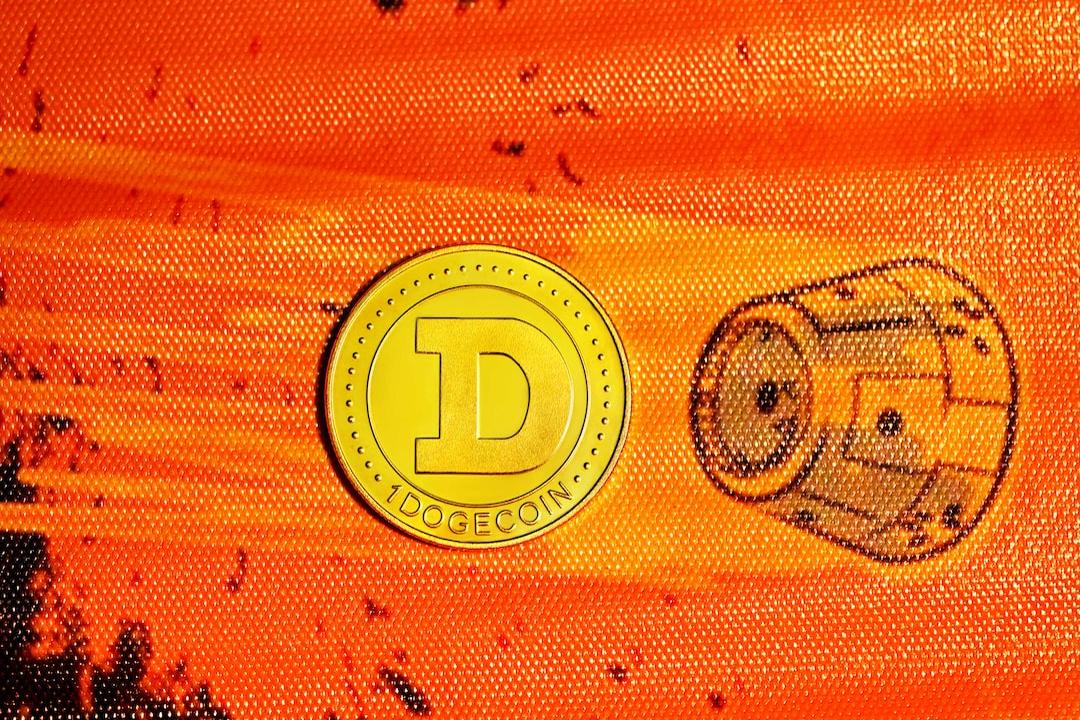German stock exchange Boerse Stuttgart, one of Europe’s largest exchange groups, experienced a significant increase in revenue in 2024 from its cryptocurrency services. Boerse’s crypto trading volumes tripled, accounting for 25% of the company’s total revenues last year. This information was reported by Barron’s, citing AFP, on January 15th. By the end of 2024, Boerse held approximately 4.3 billion euros ($4.4 billion) worth of cryptocurrency for its clients, with Bitcoin representing around 50% of total transactions.
The exchange attracted over one million clients, including both professional and retail investors, primarily from German-speaking countries. Boerse’s CEO, Matthias Voelkel, expressed an optimistic view of the crypto market, predicting that cryptocurrencies will continue to gain popularity. One reason for this is the limited supply of Bitcoin and the growing demand from investors. Voelkel also disclosed that he personally invested in Bitcoin and praised its tamper-proof technology.
To expand its crypto services, Boerse has formed partnerships with liquidity providers and banks. Voelkel stated in a statement on December 30th that they have become the regulated partner for trading and secure custody of cryptocurrencies for DZ Bank and the cooperative banking group. Boerse has also partnered with Amazon Web Services to scale its institutional crypto infrastructure for financial institutions across Europe and collaborated with Munich Re to develop an insured staking offering for cryptocurrencies.
Voelkel questioned the idea that the deregulation of cryptocurrencies promised by US President-elect Donald Trump would lead to the market relocating to the US. He believes that the market in Europe is benefiting from a positive dynamic, referring to the anticipated crypto policy shift in the US.
Boerse Stuttgart introduced crypto trading services in 2019, starting with Bitcoin trading, and has been expanding its crypto offerings since then, including Ethereum staking.
Cointelegraph reached out to Boerse Stuttgart for comment on its surge in crypto volume but did not receive a response at the time of publication. Cryptocurrency trading in the European Union is regulated under the Markets in Crypto-Assets Regulation (MiCA), which came into full force in late 2024. Despite concerns about potential overregulation during its initial rollout, some executives believe that MiCA will be a significant step forward for the cryptocurrency industry.

